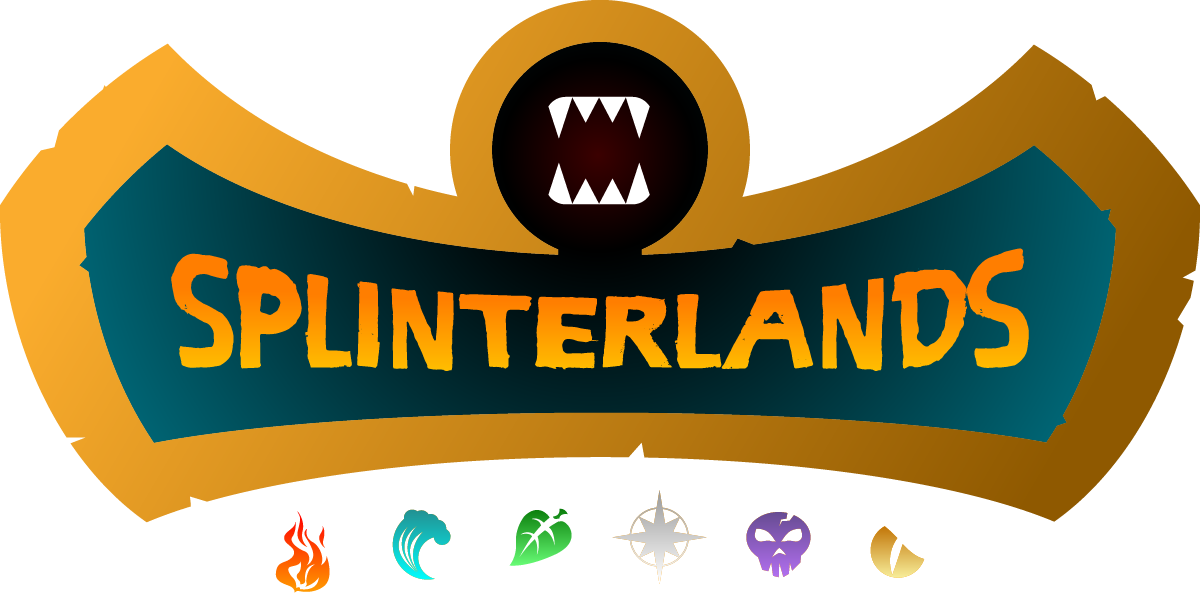The game Splinterlands may evoke a world of magic and mayhem, but the wizards who built it live firmly in the realm of modern gaming technology. Splinterlands was founded in 2018 to combine two concepts that founders Matt Rosen and Dr. Jesse “Aggroed” Reich were already both passionate about: blockchain technology and gaming.
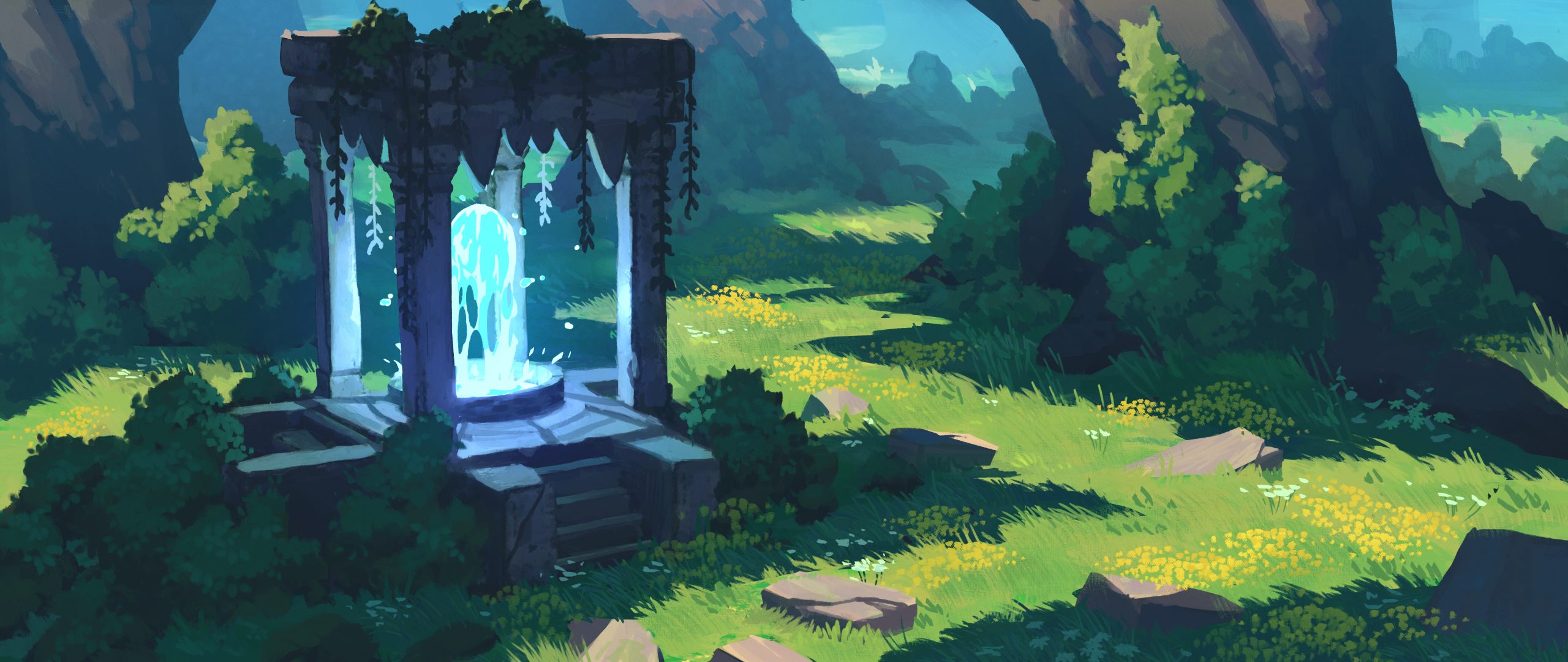
Matt started learning programming at age 10 with the purpose of creating his own video games. Matt has since designed and developed a wide array of digital games both professionally and personally. He has also developed several crypto tools on the HIVE blockchain, the blockchain on which Splinterlands is built. Dr. Jesse Reich was a college professor and had a successful career in educational software development and sales before turning his focus to blockchain technology.
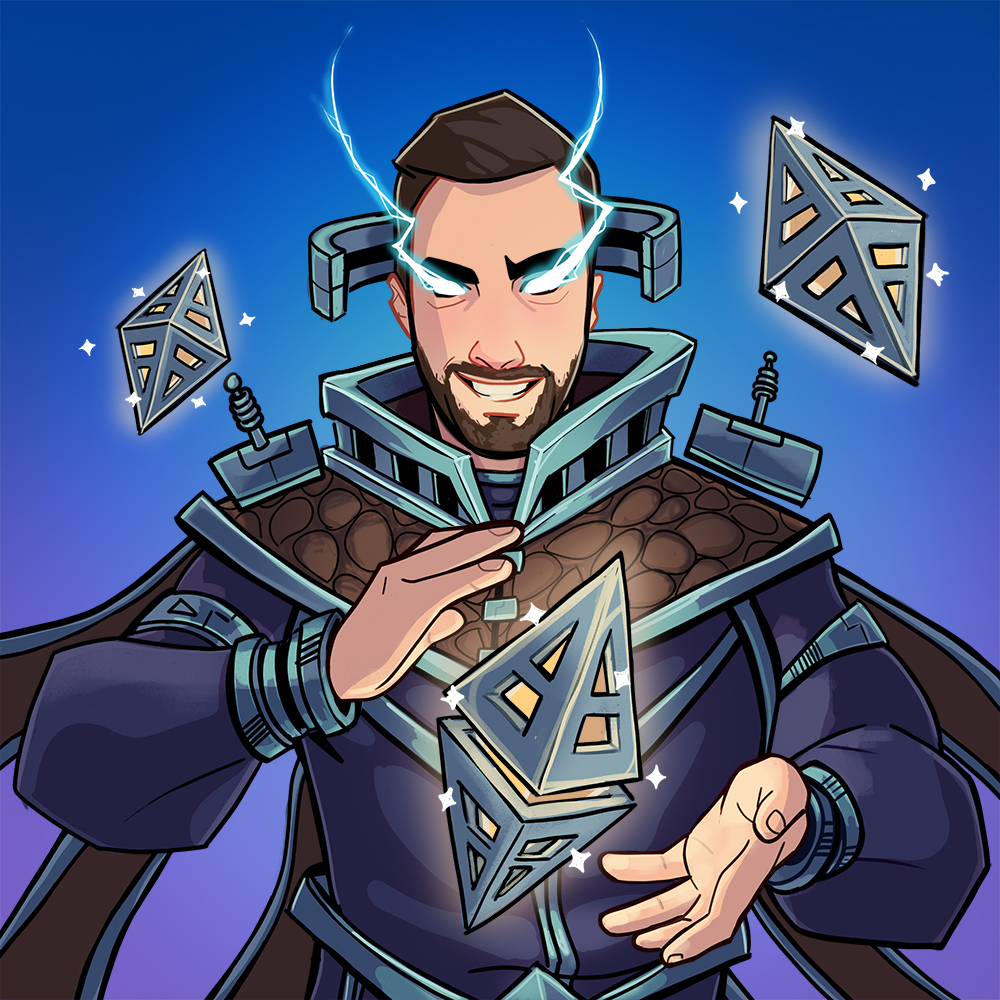
Blockchain, the technology behind cryptocurrency and other software projects, in its simplest terms, is an immutable public ledger. It allows for a decentralized record of digital data that is public and cannot be deleted due to its distributed storage. This allows for blogging platforms that cannot be centered or deleted, such as steemit.com, where Matt and Aggroed met.
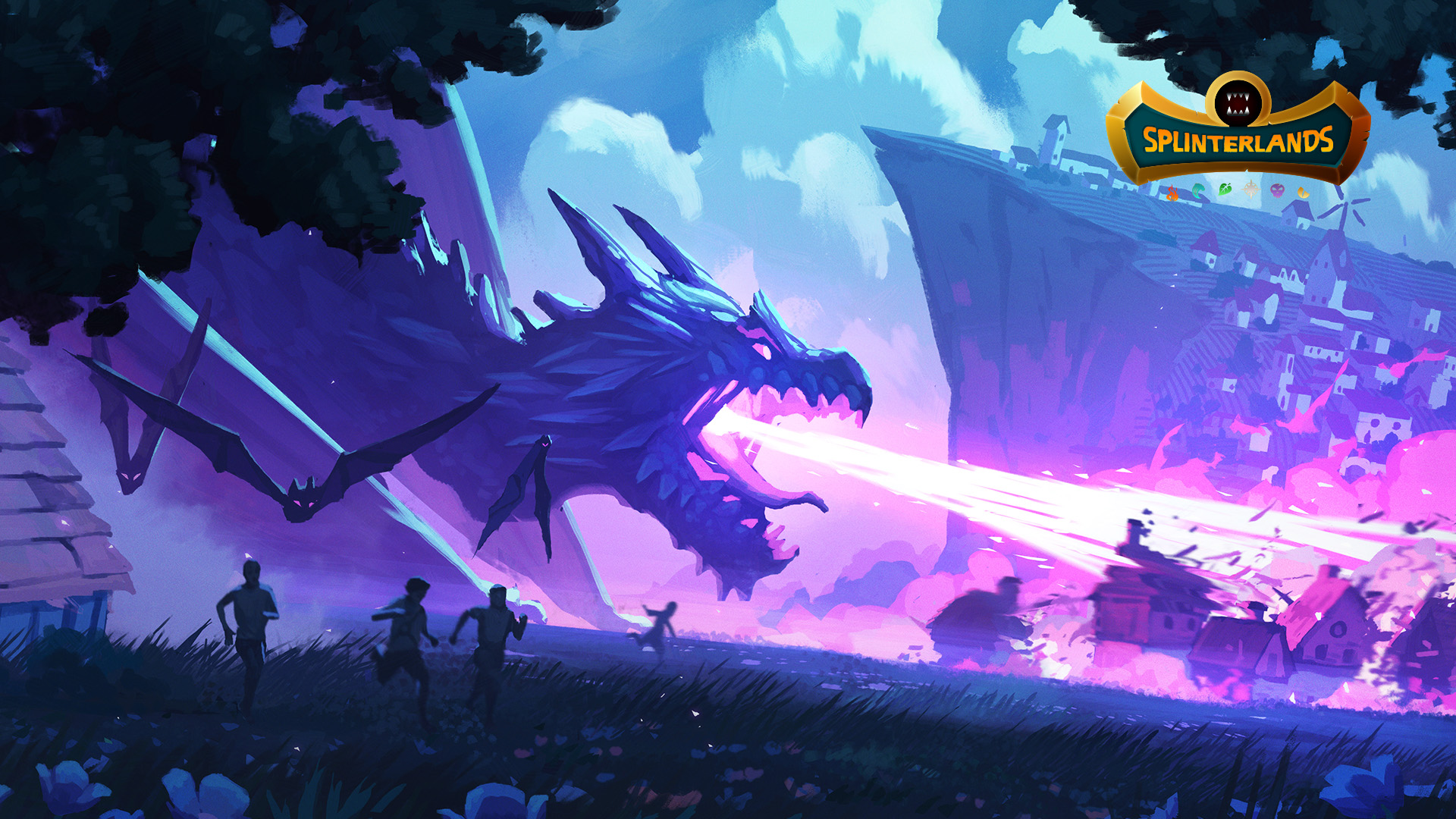
Or, for platforms where cryptocurrency can be transacted, the most popular current use of blockchain. When applied to the world of video gaming, blockchain technology allows game actions to be verified publicly on the chain and game assets, such as trading cards, skins, or token rewards to be owned by the player, rather than stored on a centralized server owned and controlled by gaming companies, who generally prohibited players from selling in-game items or currencies outside of the game ecosystem. This model of gaming with asset ownership creates a tangible economy inside and outside the game, as players can trade their game assets for fiat currency on third-party exchanges.
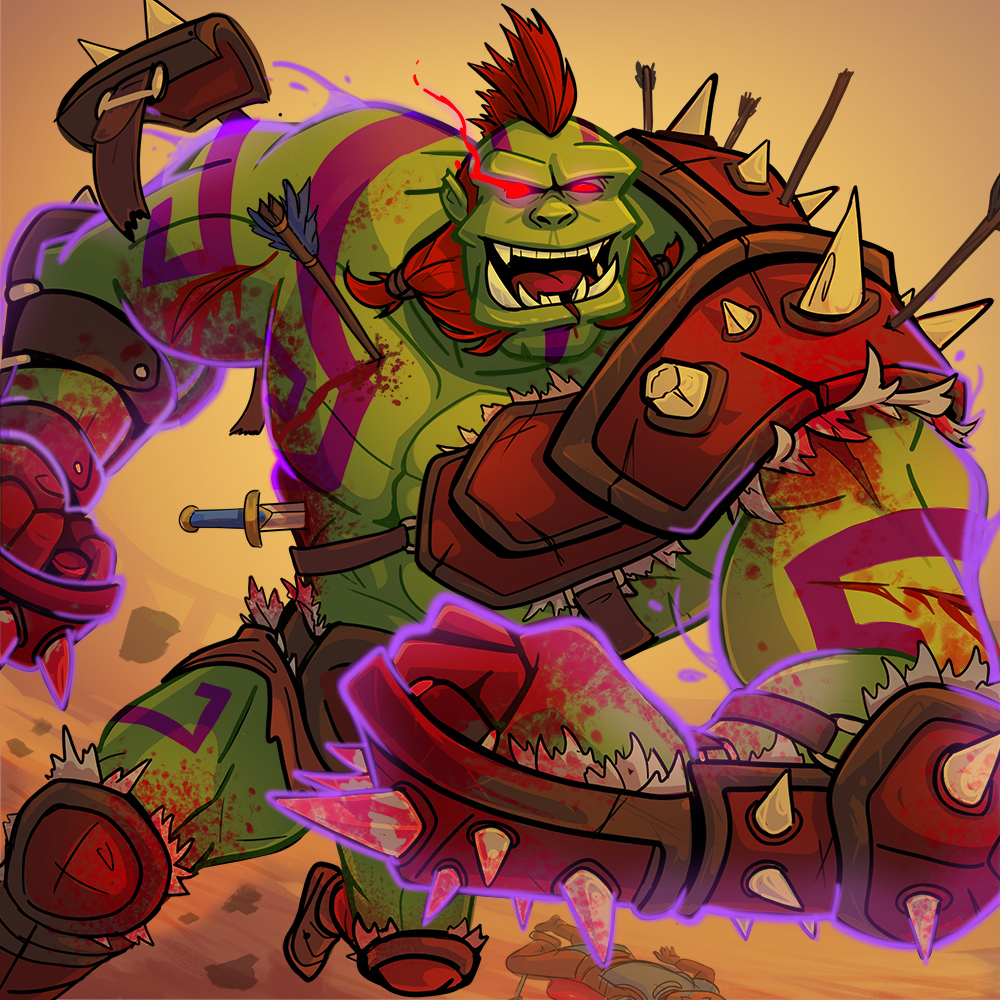
One might ask why a gaming company would be willing to turn away from a traditional corporate gaming model to one that allows players to own, sell, and rent their assets without corporate control or royalties. Like much of the wider crypto movement, the answer is both philosophical and revenue-driven.
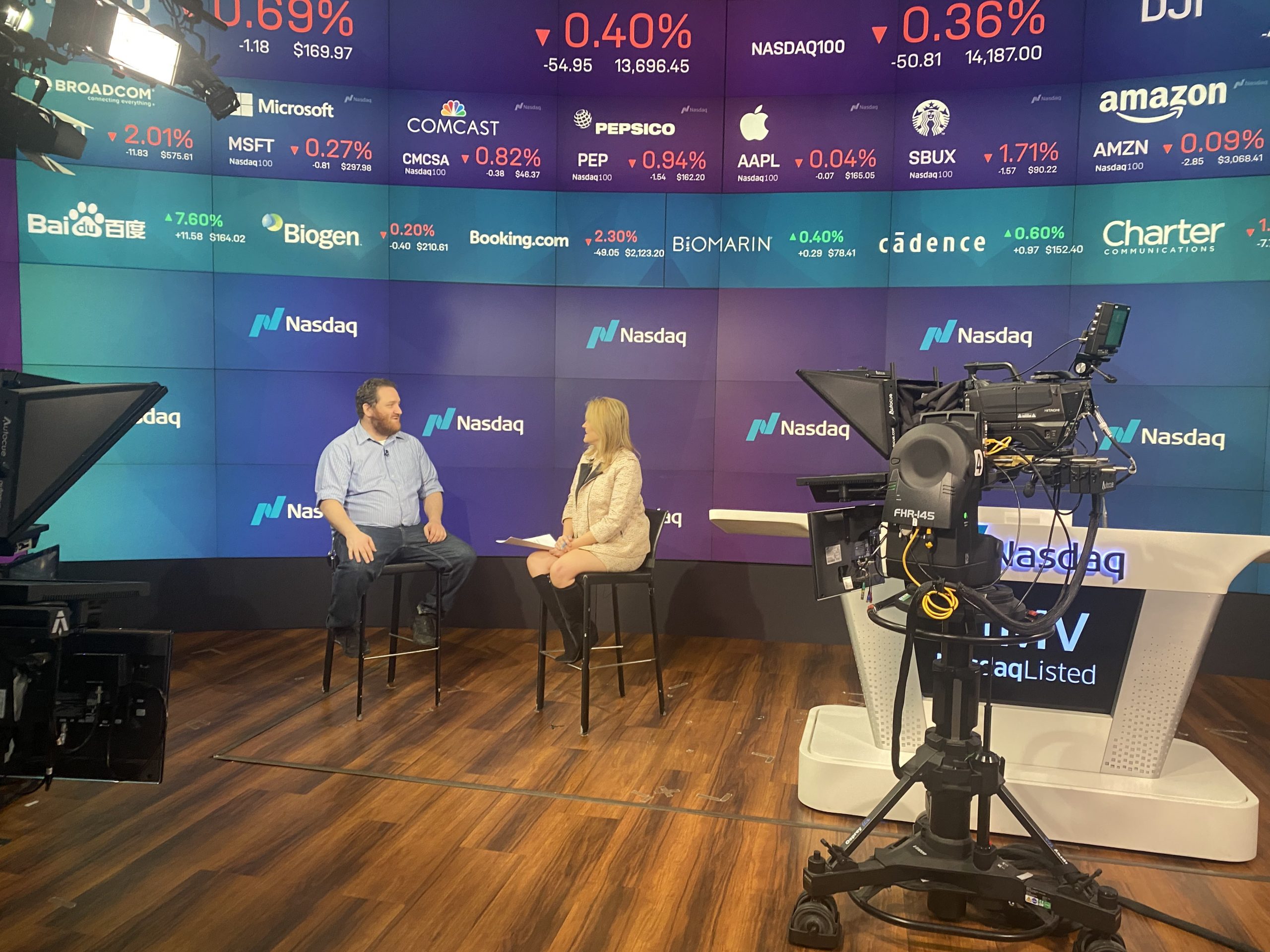
The mission statement of Splinterlands is to spread peace, prosperity, and freedom. By giving players the ownership of game assets, players who give their time and money to the game are rewarded not just through entertainment but become invested in the game economy. This creates a community of players who benefit from the game’s success. In fact, the community is such an integral part of the game’s ecosystem that Splinterlands is becoming one of the first digital games to incorporate a DAO, or Decentralized Autonomous Organization, to run its governance token.
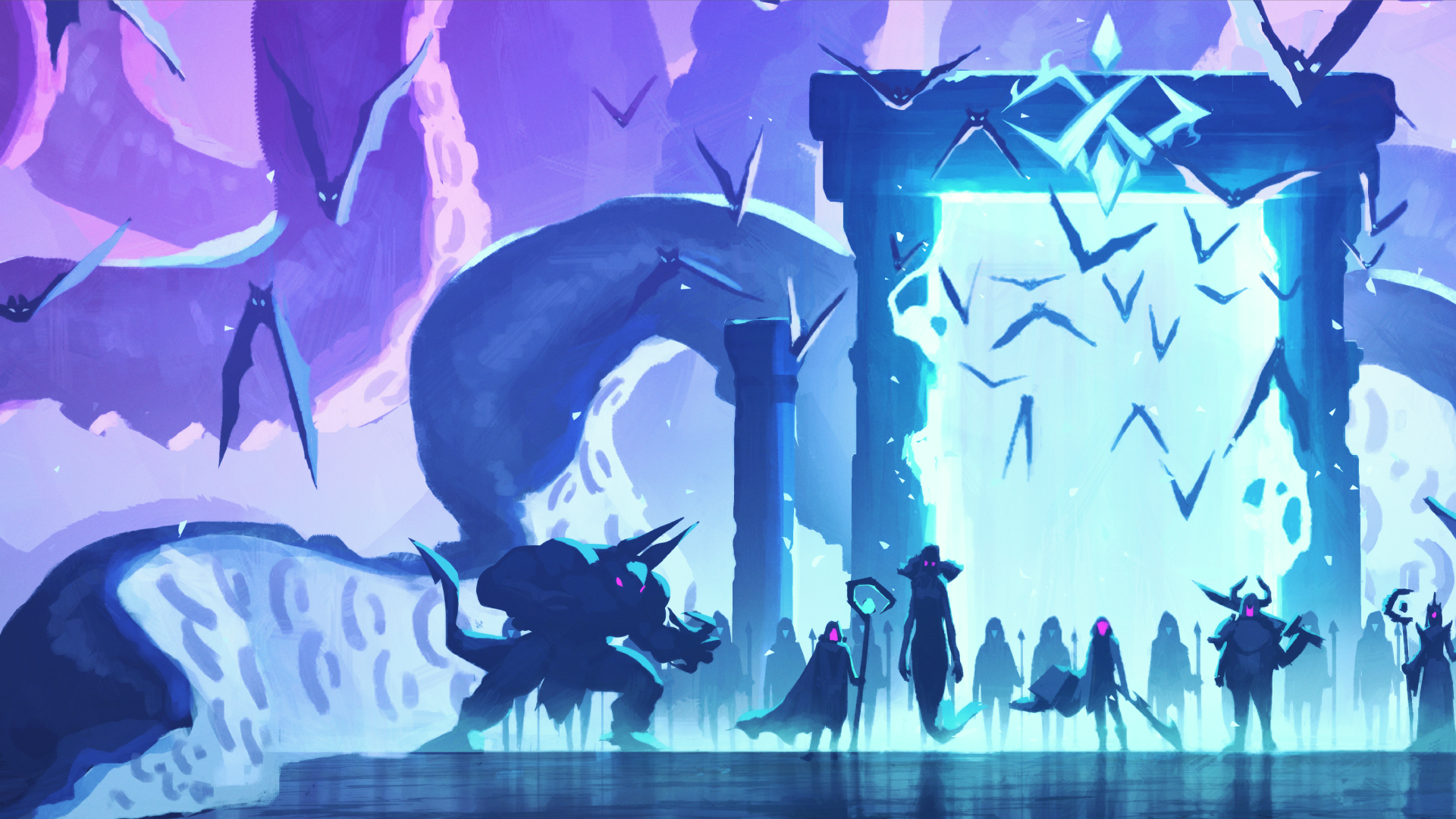
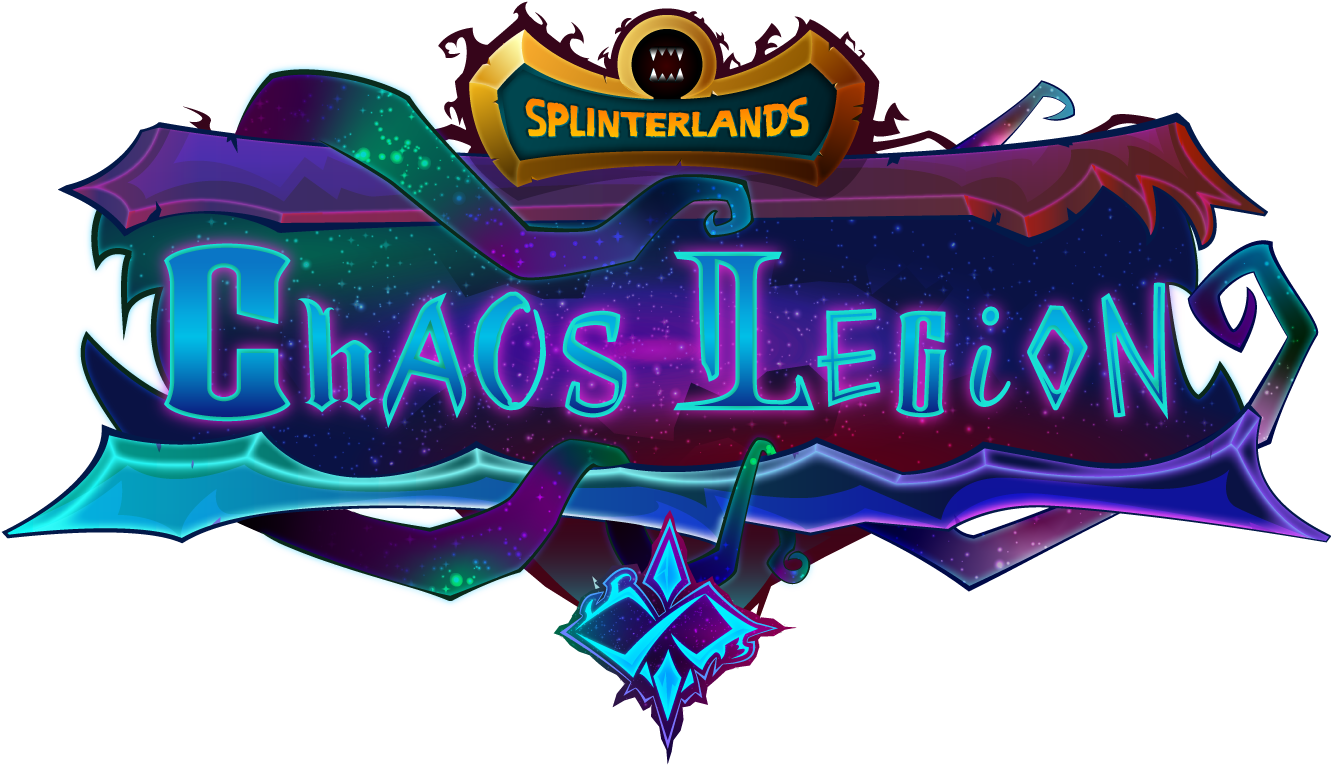
This allows the owners of Splinterland’s governance cryptocurrency to vote on the use of the currency and issues affecting the game. Notably, it is leveraging the decentralized capabilities of blockchain technology to empower the Splinterlands community to directly affect the game and game economy.


